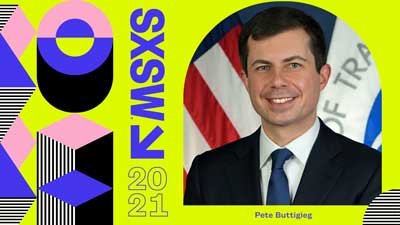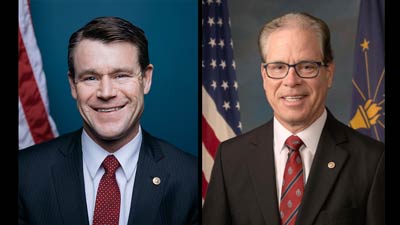
In an interview, South Bend mayor and presidential candidate Pete Buttigieg cast doubt on the electability of rival Bernie Sanders, who ran a surprisingly strong campaign against Hillary Clinton in 2016. Sanders finished as the Democratic Party’s runner-up with 43% of the vote.
According to the New York Times, Buttigieg said that voters “were refreshed by the novelty” of Sanders’ bold ideas in 2016 but are less so now.
“I have a hard time seeing the coalition ultimately coming together there,” Buttigieg is quoted as saying, comparing Sanders’ appeal as a “blow up the system” candidate to Donald Trump.
The electability argument seems more than a bit odd coming from a two-term mayor of a city three times smaller than Anchorage, Alaska. Some might even call it arrogant. Not only is Buttigieg’s experience in elected office limited to a Democratic city that hasn’t voted for a Republican candidate since 1967, but he also lost convincingly in his run for state treasurer in 2010, receiving just 37.5% of the statewide vote.
Of course, Buttigieg was completely new to the political scene back then. Nonetheless, he is a candidate with a remarkably thin résumé in elected office seeking the highest office in the land and throwing punches at a three-term senator whose grassroots campaign gave a member of the Clinton dynasty a serious run for her money. It’s audacious, no doubt, but it might not be politically shrewd, given the fierce loyalty of Sanders supporters and Clinton supporters’ professed desire for a candidate with considerable experience.
Buttigieg’s Hail Mary attempt at the presidency is due in part to the fact that he has few, if any, options for higher office in Indiana. His presidential campaign is a tacit admission that he cannot win any statewide office – or even a House seat – in Indiana. Even during a banner year for Democrats in 2018, Jackie Walorski – the incumbent Republican in Buttigieg’s district – cruised to a nearly 10-point victory. He saw the writing on the wall and decided on a long-shot bid for president instead.
So it is quite interesting to watch a red-state Democrat – who himself basically admits that he cannot win elected office in ruby red Indiana, outside of the overwhelmingly Democratic confines of South Bend – argue that he is better suited to defeat Donald Trump than other far more experienced Democrats. Perhaps Buttigieg and his nascent campaign should rethink their strategy and instead highlight his strengths and develop innovative policy ideas rather than attack his rivals right out of the gate.










